- Home
- Neil Gaiman
Anansi Boys Page 16
Anansi Boys Read online
Page 16
“Don’t you worry yourself about him,” said a woman, from a cave mouth. “Come here.”
Fat Charlie could not decide if she was attractive or monstrously ugly. He walked toward her.
“He come on all high-and-so-mighty, but he’s a-scairt of his own shadow. And he’s scairter of your daddy’s shadow. He got no strength in his jaws.”
There was something doglike about her face. No, not doglike…
“Now, me,” she continued, as he reached her, “me, I crush the bone. That’s where the good stuff is hid. That’s where the sweetest meats are hid, and nobody knows it but me.”
“I’m looking for someone to help me get rid of my brother.”
The woman threw back her head and laughed, a wild bray of a laugh, loud, long and insane, and Fat Charlie knew her then.
“You won’t find anyone here to help you,” she said. “They all suffered, when they went up against your father. Tiger hates you and your kind more than anyone has ever hated anything, but even he won’t do anything while your father’s out there in the world. Listen: Walk this path. You ask me, and I got a stone of prophecy behind my eye, you won’t find nobody to help you till you find an empty cave. Go in. Talk to whoever you find there. Understand me?”
“I think I do.”
She laughed. It was not a good laugh. “You want to stop with me for a while first? I’m an education. You know what they say—nothing leaner, meaner, or obscener than Hyena.”
Fat Charlie shook his head and kept walking, past the caves that line the rocky walls at the end of the world. As he passed the darkness of each cave, he would glance inside. There were people of all shapes and all sizes, tiny people and tall people, men and women. And as he passed, and as they moved in and out of the shadows, he would see flanks or scales, horns or claws.
Sometimes he scared them as he passed, and they would retreat into the back of the cave. Others would come forward, staring aggressively or curiously.
Something tumbled through the air from the rocks above a cave mouth and landed beside Fat Charlie. “Hello,” it said breathlessly.
“Hello,” said Fat Charlie.
The new one was excitable and hairy. Its arms and legs seemed all wrong. Fat Charlie tried to place it. The other animal-people were animals, yes, and people, too, and there was nothing strange or contradictory about this—the animalness and the humanness combined like the stripes on a zebra to make something other. This one, however, seemed both human and almost human, and the oddness of it made Fat Charlie’s teeth hurt. Then he got it.
“Monkey,” he said. “You’re Monkey.”
“Got a peach?” said Monkey. “Got a mango? Got a fig?”
“‘Fraid not,” said Fat Charlie.
“Give me something to eat,” said Monkey. “I’ll be your friend.”
Mrs. Dunwiddy had warned him about this. Give nothing away, he thought. Make no promises.
“I’m not giving you anything, I’m afraid.”
“Who are you?” asked Monkey. “What are you? You seem like half a thing. Are you from here or from there?”
“Anansi was my father,” said Fat Charlie. “I’m looking for someone to help me deal with my brother, to make him go away.”
“Might get Anansi mad,” said Monkey. “Very bad idea that. Get Anansi mad, you never in any more stories.”
“Anansi’s dead,” said Fat Charlie.
“Dead there,” said Monkey. “Maybe. But dead here? That’s another stump of grubs entirely.”
“You mean, he could be here?” Fat Charlie looked up at the mountainside more warily: the idea that he might, in one of the cave mouths, find his father creaking back and forward in a rocking chair, green fedora hat pushed back on his head, sipping from a can of brown ale and stifling a yawn with his lemon yellow gloves, was troubling indeed.
“Who? What?”
“Do you think he’s here?”
“Who?”
“My father.”
“Your father?”
“Anansi.”
Monkey leapt to the top of a rock in terror, then he pressed himself against the rock, his gaze flicking from side to side as if keeping an eye out for sudden tornadoes. “Anansi? He’s here?”
“I was asking you that,” said Fat Charlie.
Monkey swung suddenly, so he was hanging upside down from its feet, his upside-down face staring straight into Fat Charlie’s. “I go back to the world sometimes,” he said. “They say, Monkey, wise Monkey, come, come. Come eat the peaches we have for you. And the nuts. And the grubs. And the figs.”
“Is my father here?” asked Fat Charlie, patiently.
“He doesn’t have a cave,” said Monkey. “I would know if he had a cave. I think. Maybe he had a cave and I forgot. If you gave me a peach, I would remember better.”
“I don’t have anything on me,” said Fat Charlie.
“No peaches?”
“Nothing, I’m afraid.”
Monkey swung himself up to the top of his rock, and he was gone.
Fat Charlie continued along the rocky path. The sun had sunk until it was level with the path, and it burned a deep orange. It shone its old light straight into the caves, and showed each cave to be inhabited. That must be Rhinoceros, gray of skin, staring out shortsightedly; there, the color of a rotten log in shallow water, was Crocodile, his eyes as black as glass.
There was a rattle behind him of stone scuttering against stone, and Fat Charlie turned with a jerk. Monkey stared up at him, his knuckles brushing the path.
“I really haven’t got any fruit,” said Fat Charlie. “Or I’d give you some.”
Monkey said, “Felt sorry for you. Maybe you should go home. This is a bad bad bad bad bad idea. Yes?”
“No,” said Fat Charlie.
“Ah,” said Monkey. “Right. Right right right right right.” He stopped moving, then a sudden burst of loping speed, and he bounded past Fat Charlie and stopped in front of a cave some little distance away.
“Not to go in there,” he called. “Bad place.” He pointed to the cave opening.
“Why not?” asked Fat Charlie. “Who’s in there?”
“Nobody’s in there,” said Monkey, triumphantly. “So it’s not the one you want, is it?”
“Yes,” said Fat Charlie. “It is.”
Monkey chittered and bounced, but Fat Charlie walked past him and clambered up the rocks until he reached the mouth of the empty cave, as the crimson sun fell below the cliffs at the end of the world.
Walking the path along the edge of the mountains at the beginning of the world (it’s only the mountains at the end of the world if you’re coming from the other direction), reality seemed strange and strained. These mountains and their caves are made from the stuff of the oldest stories (this was long before human-people, of course; whatever made you imagine that people were the first things to tell stories?), and stepping off the path into the cave, Fat Charlie felt as if he were walking into someone else’s reality entirely. The cave was deep; its floor was splashed white with bird droppings. There were feathers on the cave floor too, and here and there, like a desiccated and abandoned feather duster, was the corpse of a bird, flattened and dried.
At the back of the cave, nothing but darkness.
Fat Charlie called “Hello?” and the echo of his voice came back to him from the interior of the cave. Hello hello hello hello. He kept walking. Now the darkness in the cave seemed almost palpable, as if something thin and dark had been laid over his eyes. He walked slowly, a step at a time, his arms outstretched.
Something moved.
“Hello?”
His eyes were learning to use what little light there was, and he could make something out. It’s nothing. Rags and feathers, that’s all. Another step, and the wind stirred the feathers and flapped the rags on the floor of the cave.
Something fluttered about him, fluttered through him, beating the air with the clatter of a pigeon’s wings.
Swirling. Dust stung his
eyes and his face, and he blinked in the cold wind and took a step back as it rose up before him, a storm of dust and rags and feathers. Then the wind was gone, and where the feathers had been blowing was a human figure, which reached out a hand and beckoned to Fat Charlie.
He would have stepped back, but it reached out and took him by the sleeve. Its touch was light and dry, and it pulled him toward it…
He took one step forward into the cave—
—and was standing in the open air, on a treeless, copper-colored plain, beneath a sky the color of sour milk.
Different creatures have different eyes. Human eyes (unlike, say, a cat’s eyes, or an octopus’s) are only made to see one version of reality at a time. Fat Charlie saw one thing with his eyes, and he saw something else with his mind, and in the gulf between the two things, madness waited. He could feel a wild panic welling up inside him, and he took a deep breath and held it in while his heart thudded against his rib cage. He forced himself to believe his eyes, not his mind.
So while he knew that he was seeing a bird, mad-eyed, ragged-feathered, bigger than any eagle, taller than an ostrich, its beak the cruel tearing weapon of a raptor, its feathers the color of slate overlaid with an oil slick sheen, making a dark rainbow of purples and greens, he really only knew that for an instant, somewhere in the very back of his mind. What he saw with his eyes was a woman with raven-black hair, standing where the idea of a bird had been. She was neither young nor old, and she stared at him with a face that might have been carved from obsidian in ancient times, when the world was young.
She watched him, and she did not move. Clouds roiled across the sour milk sky.
“I’m Charlie,” said Fat Charlie. “Charlie Nancy. Some people, well, most people, call me Fat Charlie. You can, too. If you like.”
No response.
“Anansi was my father.”
Still nothing. Not a quiver; not a breath.
“I want you to help me make my brother go away.”
She tilted her head at this. Enough to show that she was listening, enough to show that she was alive.
“I can’t do it on my own. He’s got magic powers and stuff. I spoke to a spider, and the next thing you know, my brother turns up. Now I can’t make him go away.”
Her voice, when she spoke, was as rough and as deep as a crow’s. “What do you wish me to do about it?”
“Help me?” he suggested.
She appeared to be thinking.
Later, Fat Charlie tried and failed to remember what she had been wearing. Sometimes he thought it must have been a cloak of feathers; at other times he believed it must have been rags of some kind, or perhaps a tattered raincoat, of the kind she wore when he saw her in Piccadilly, later, when it had all started to go bad. She was not naked, though: of that he was nearly certain. He would have remembered if she had been naked, wouldn’t he?
“Help you,” she echoed.
“Help me get rid of him.”
She nodded. “You wish me to help you get rid of Anansi’s bloodline.”
“I just want him to go away and leave me alone. I don’t want you to hurt him or anything.”
“Then promise me Anansi’s bloodline for my own.”
Fat Charlie stood on the vast coppery plain, which was somehow, he knew, inside the cave in the mountains at the end of the world and was, in its turn, in some sense, inside Mrs. Dunwiddy’s violet-scented front room, and he tried to make sense of what she was asking for.
“I can’t give things away. And I can’t make promises.”
“You want him to go,” she said. “Say it. My time is precious.” She folded her arms and stared at him with mad eyes. “I am not scared of Anansi.”
He remembered Mrs. Dunwiddy’s voice. “Um,” said Fat Charlie. “I mustn’t make promises. And I have to ask for something of equal value. I mean, it has to be a trade.”
The Bird Woman looked displeased, but she nodded. “Then I shall give you something of equal value in trade. I give my word.” She put her hand over his hand, as if she was giving him something, then squeezed his hand closed. “Now say it.”
“I give you Anansi’s bloodline,” Fat Charlie said.
“It is good,” said a voice, and at that she went, quite literally, to pieces.
Where a woman had been standing, there was now a flock of birds, which were flying, as if startled by a gunshot, all in different directions. Now the sky filled with birds, more birds than Fat Charlie had ever imagined, brown birds and black, wheeling and crossing and flowing like a cloud of black smoke vaster than the mind could hold, like a cloud of midges as big as the world.
“You’ll make him go away, now?” called Fat Charlie, shouting the words into the darkening milky sky. The birds slipped and slid in the sky. Each moved only a fraction, and they kept flying, but suddenly Fat Charlie was staring up at a face in the sky, a face made of swirling birds. It was very big.
It said his name in the screams and caws and calls of a thousand, thousand, thousand birds, and lips the size of tower blocks formed the words in the sky.
Then the face dissolved into madness and chaos as the birds that made it flew down from that pale sky, flew straight toward him. He covered his face with his hands, trying to protect himself.
The pain in his cheek was harsh and sudden. For an instant he believed that one of the birds must have gashed him, torn at his cheek with its beak or talons. Then he saw where he was.
“Don’t hit me again!” he said. “It’s all right. You don’t have to hit me!”
On the table, the penguins were guttering low; their heads and shoulders were gone, and now the flames were burning in the shapeless black-and-white blobs that had once been their bellies, their feet in frozen pools of blackish candle wax. There were three old women staring at him.
Miss Noles threw the contents of a glass of water into his face.
“You didn’t have to do that either,” he said. “I’m here, aren’t I?”
Mrs. Dunwiddy came into the room. She was holding a small brown glass bottle triumphantly. “Smelling salts,” she announced. “I know I got some somewhere. I buy these in, oh, sixty-seven, sixty-eight. I don’t know if they still any good.” She peered at Fat Charlie, then scowled. “He wake up. Who did wake him up?”
“He wasn’t breathing,” said Mrs. Bustamonte. “So I give him a slap.”
“And I pour water on him,” said Miss Noles, “which help bring him around the rest of the way.”
“I don’t need smelling salts,” said Fat Charlie. “I’m already wet and in pain.” But, with elderly hands, Mrs. Dunwiddy had removed the cap from the bottle, and she was pushing it under his nose. He breathed in as he moved back, and inhaled a wave of ammonia. His eyes watered, and he felt as if he had been punched in the nose. Water dripped down his face.
“There,” said Mrs. Dunwiddy. “Feeling better now?”
“What time is it?” asked Fat Charlie.
“It’s almost five in the morning,” said Mrs. Higgler. She took a swig of coffee from her gigantic mug. “We all worried about you. You better tell us what happened.”
Fat Charlie tried to remember. It was not that it had evaporated, as dreams do, more as if the experience of the last few hours had happened to somebody else, someone who was not him, and he had to contact that person by some hitherto unpracticed form of telepathy. It was all a jumble in his mind, the technicolor Ozness of the other place dissolving back into the sepia tones of reality. “There were caves. I asked for help. There were lots of animals there. Animals who were people. None of them wanted to help. They were all scared of my daddy. Then one of them said she would help me.”
“She?” said Mrs. Bustamonte.
“Some of them were men, and some of them were women,” said Fat Charlie. “This one was a woman.”
“Do you know what she was? Crocodile? Hyena? Mouse?”
He shrugged. “I might have remembered before people started hitting me and pouring water on me. And putting things in
my nose. It drives stuff out of your head.”
Mrs. Dunwiddy said, “Do you remember what I tell you? Not giving anything away? Only trade?”
“Yes,” he said, vaguely proud of himself. “Yes. There was a monkey who wanted me to give him things, and I said no. Look, I think I need a drink.”
Mrs. Bustamonte took a glass of something from the table. “We thought maybe you need a drink. So we put the sherry through the strainer. There may be a few mixed herbs in there, but nothin‘ big.”
His hands were fists in his lap. He opened his right hand to take the glass from the old woman. Then he stopped, and he stared.
“What?” asked Mrs. Dunwiddy. “What is it?”
In the palm of his hand, black and crushed out of shape, and wet with sweat, Fat Charlie was holding a feather. He remembered, then. He remembered all of it.
“It was the Bird Woman,” he said.
GRAY DAWN WAS BREAKING AS FAT CHARLIE CLIMBED INTO the passenger seat of Mrs. Higgler’s station wagon.
“You sleepy?” she asked him.
“Not really. I just feel weird.”
“Where do you want me to take you? My place? Your dad’s house? A motel?”
“I don’t know.”
She put the car into gear and lurched out into the road.
“Where are we going?”
She did not answer. She slurped some coffee from her megamug. Then she said, “Maybe what we do tonight is for the best and maybe it ain’t. Sometimes family things, they best left for families to fix. You and your brother. You’re too similar. I guess that is why you fight.”
“I take it this is some obscure West Indian usage of the word ‘similar’ which means ‘nothing at all alike’?”
“Don’t you start going all British on me. I know what I’m sayin‘. You and him, you both cut from the same cloth. I remember your father sayin’ to me, Callyanne, my boys, they stupider than—you know, it don’t matter what he actually said, but the point is, he said it about both of you.” A thought struck her. “Hey. When you go to the place where the old gods are, you see your father in that place?”

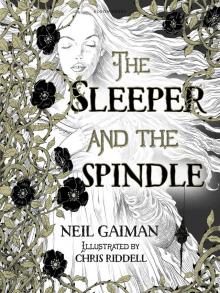 The Sleeper and the Spindle
The Sleeper and the Spindle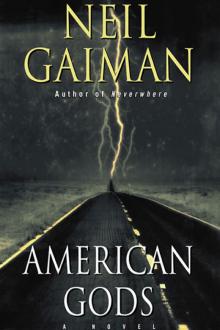 American Gods
American Gods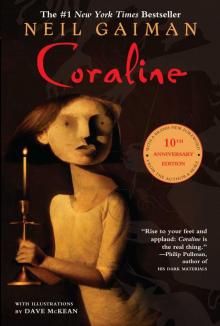 Coraline
Coraline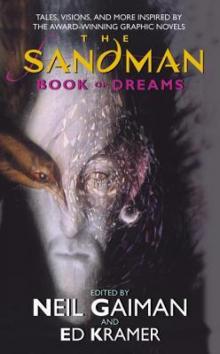 The Sandman: Book of Dreams
The Sandman: Book of Dreams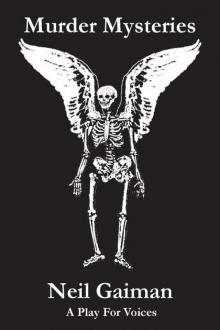 Murder Mysteries
Murder Mysteries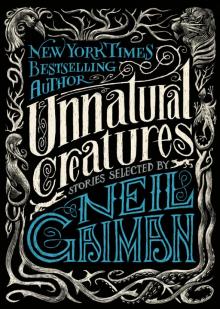 Unnatural Creatures
Unnatural Creatures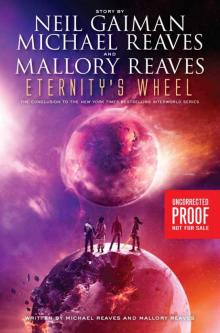 Eternity's Wheel
Eternity's Wheel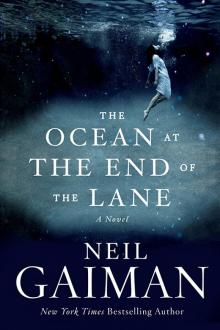 The Ocean at the End of the Lane
The Ocean at the End of the Lane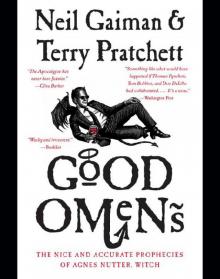 Good Omens
Good Omens Stardust
Stardust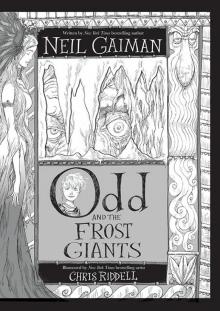 Odd and the Frost Giants
Odd and the Frost Giants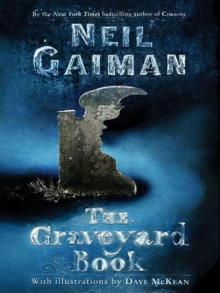 The Graveyard Book
The Graveyard Book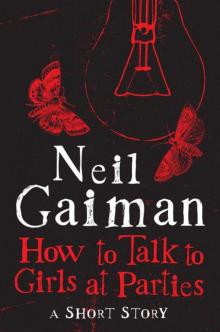 How to Talk to Girls at Parties
How to Talk to Girls at Parties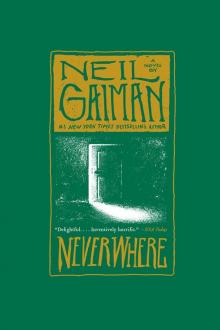 Neverwhere
Neverwhere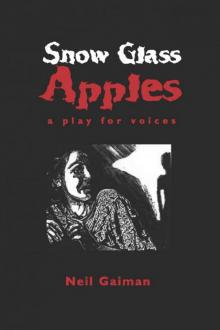 Snow, Glass, Apples
Snow, Glass, Apples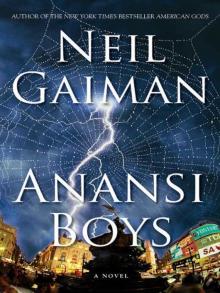 Anansi Boys
Anansi Boys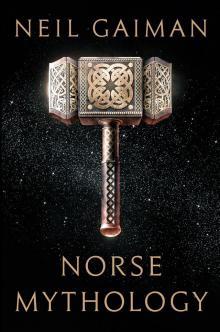 Norse Mythology
Norse Mythology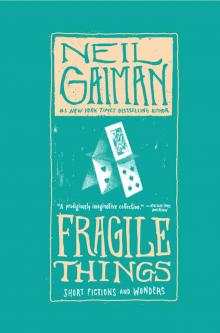 Fragile Things: Short Fictions and Wonders
Fragile Things: Short Fictions and Wonders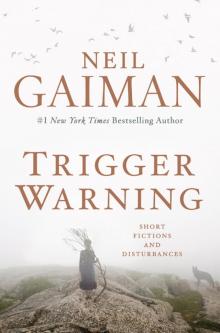 Trigger Warning: Short Fictions and Disturbances
Trigger Warning: Short Fictions and Disturbances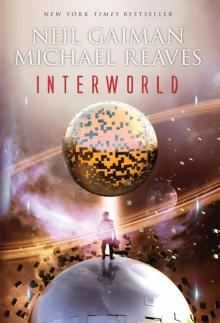 InterWorld
InterWorld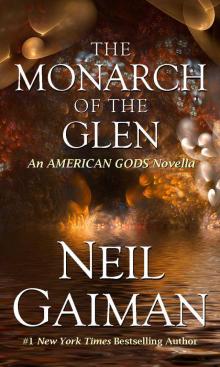 The Monarch of the Glen
The Monarch of the Glen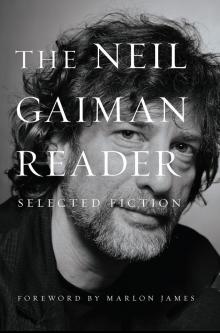 The Neil Gaiman Reader
The Neil Gaiman Reader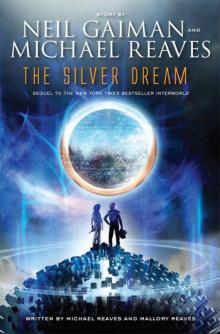 The Silver Dream
The Silver Dream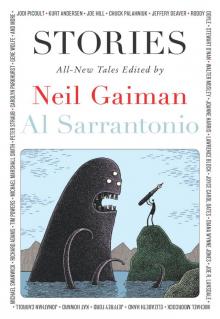 Stories
Stories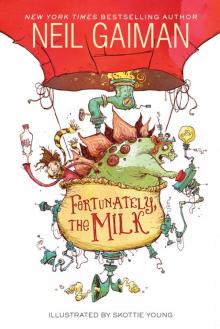 Fortunately, the Milk
Fortunately, the Milk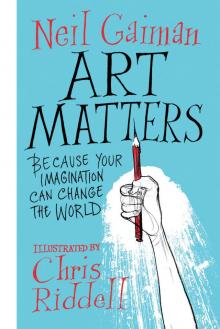 Art Matters
Art Matters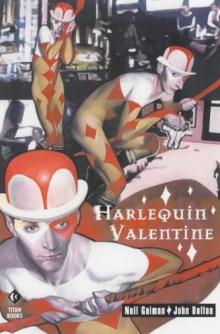 Harlequin Valentine
Harlequin Valentine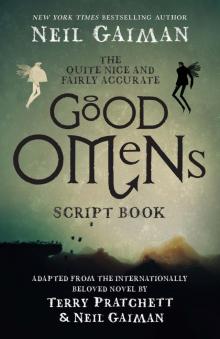 The Quite Nice and Fairly Accurate Good Omens Script Book
The Quite Nice and Fairly Accurate Good Omens Script Book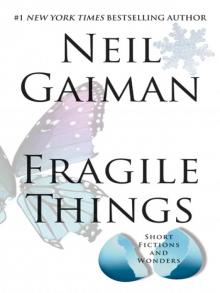 Fragile Things
Fragile Things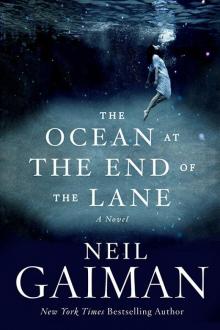 The Ocean at the End of the Lane: A Novel
The Ocean at the End of the Lane: A Novel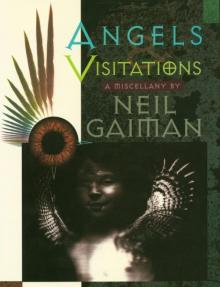 Angels and Visitations
Angels and Visitations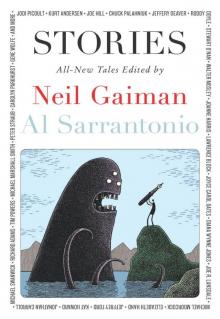 Stories: All-New Tales ngss-1
Stories: All-New Tales ngss-1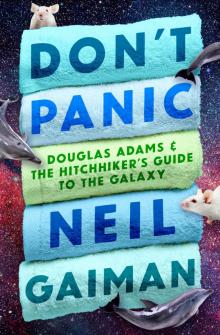 Don't Panic
Don't Panic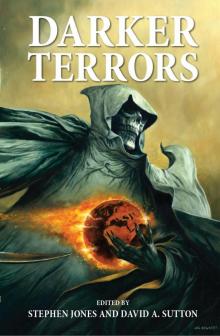 Darker Terrors
Darker Terrors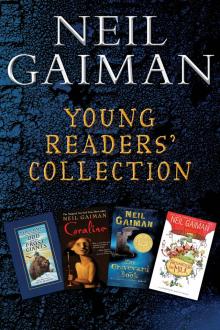 Neil Gaiman Young Readers' Collection
Neil Gaiman Young Readers' Collection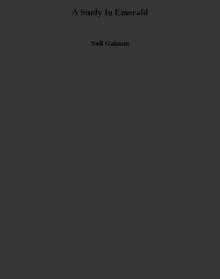 A Study In Emerald
A Study In Emerald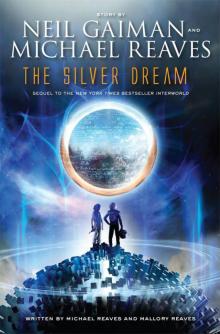 The Silver Dream: An InterWorld Novel
The Silver Dream: An InterWorld Novel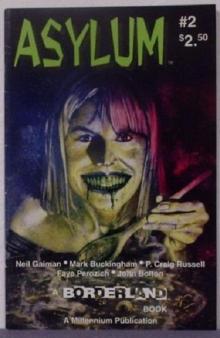 Feeders and Eaters
Feeders and Eaters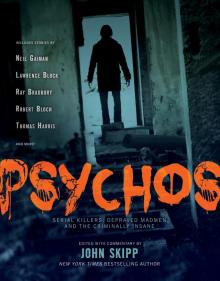 Psychos
Psychos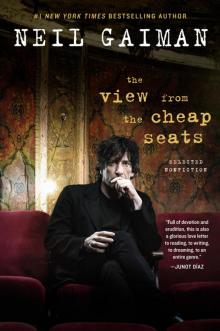 The View from the Cheap Seats
The View from the Cheap Seats Trigger Warning
Trigger Warning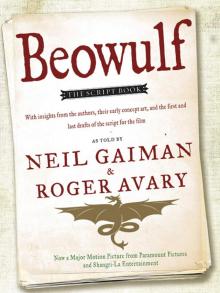 Beowulf
Beowulf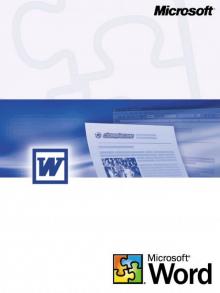 Nessun Dove
Nessun Dove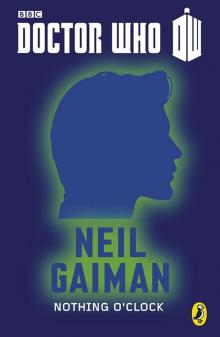 Doctor Who: Nothing O'Clock: Eleventh Doctor: 50th Anniversary
Doctor Who: Nothing O'Clock: Eleventh Doctor: 50th Anniversary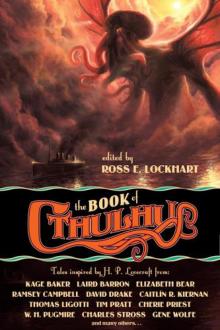 The Book of Cthulhu
The Book of Cthulhu